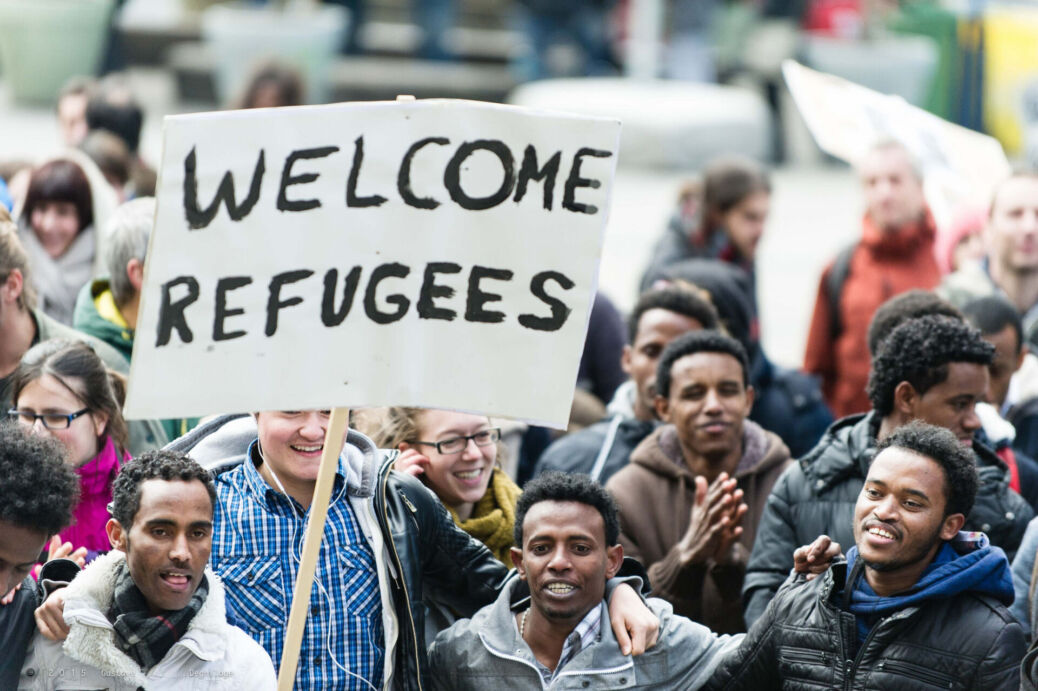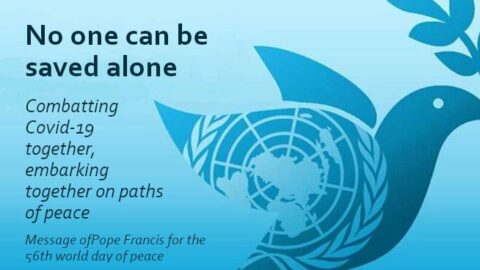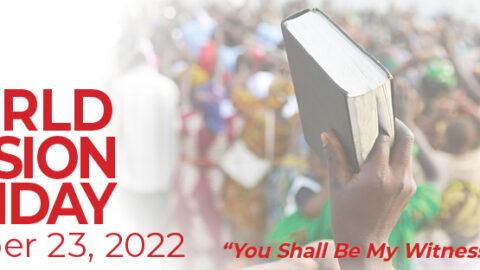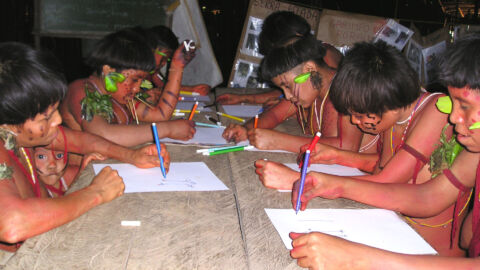Hope possesses a face, and often it is one that has been carved by the winds of displacement, shaped by the courage to leave everything behind in search of life’s possibilities elsewhere. In his message for the World Day of Migrants, Pope Leo XIV invites us to recognise in refugees and migrants not merely persons seeking protection, but authentic “missionaries of hope”. Within their journey reflects the ancient experience of the people of Israel in the wilderness, sustained by trust that beyond every peril exists a promise of peace. As the Holy Father writes, “their courage and tenacity bears heroic witness to a faith that sees beyond what our eyes can perceive”.
Every migrant carries within themselves a hidden gift for the communities that welcome them – a sacred offering wrapped in vulnerability, yet radiant with resilience. Their presence “must be recognised and appreciated as a true divine blessing, an opportunity to open ourselves to God’s grace that bestows new energy and hope upon His Church”. It is they who remind us of faith’s pilgrim nature, that itinerant dimension which risks becoming lost when communities turn inward upon themselves. Catholic migrants thus become silent evangelisers, their very existence a testament to the Gospel lived in movement, capable of breathing life into ecclesial communities grown weary with routine.
In the delicate choreography between welcome and witness, there emerges a geography of hope that transcends all earthly boundaries. As Saint Paul VI recalled with prophetic insight, “all Christians are called and may be, in this respect, true evangelisers. We think especially of the responsibility that belongs to emigrants in the countries that receive them”. This is the missio migrantium that the Pope encourages – not a mission imposed upon migrants, but one that flows naturally from their lived experience of displacement and discovery, bearing within their stories new pathways of faith and interreligious dialogues rooted in the poetry of daily survival.
The Jubilee of the Missionary World, celebrated in sacred communion with the Day of Migrants, illuminates a luminous truth that dwells at the heart of Christian identity: every pilgrim upon this earth carries within themselves the seed of proclamation. There exist no frontiers in the heart of one who has discovered their vocation to be a bridge between cultures, a witness to hope that becomes flesh in the peripheries of existence. In this profound interweaving of journeys – that of the migrant seeking refuge and that of the missionary bearing the Gospel – the authentic face of the Church is revealed: a community in perpetual movement, pilgrim amongst peoples, capable of recognising in every encounter the echo of a universal call to fraternity that transcends language, culture, and circumstance.
—-
Our congregation joins in prayer with the universal Church, committing ourselves to being instruments of welcome in the territory entrusted to our care, listening for the sacred stories that each journey holds.















